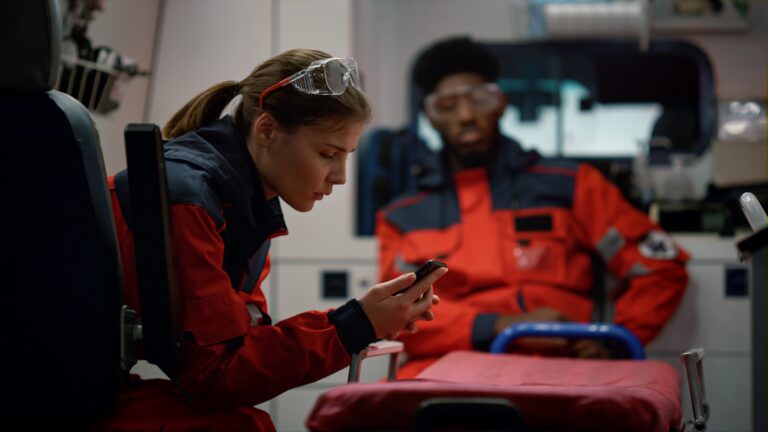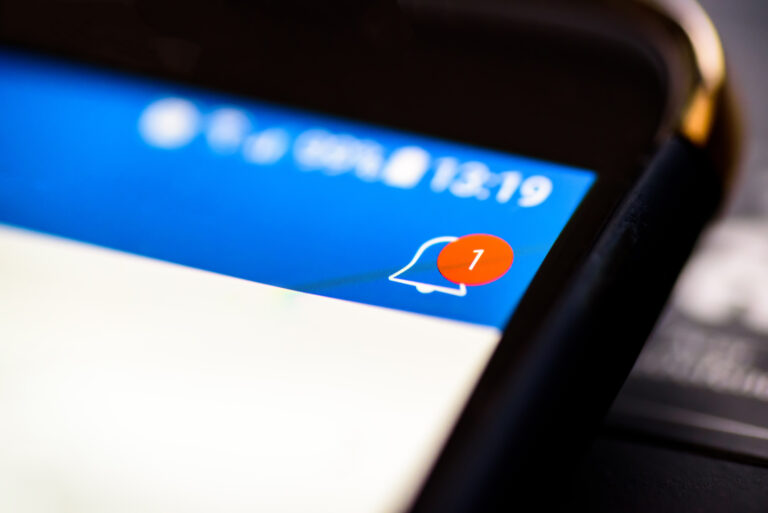In an era defined by digital connectivity, the prevalence of mobile devices such as cell phones, tablets, and kiosks has become undeniable. These devices have seamlessly integrated into our daily lives, reshaping the way we manage our time and schedules.
A generational divide exists when it comes to the adoption and utilization of these gadgets. A 2011 Pew Research study revealed that different age groups exhibit varying patterns in gadget ownership and usage, highlighting the need to understand how these devices influence scheduling across generations.
As the digital landscape continues to evolve, it’s crucial to explore how these mobility devices impact scheduling and time management practices, bridging generational divides and affecting productivity, privacy, and the future of work.
The Productivity Paradox
In today’s interconnected world, where mobility devices are ubiquitous, a fascinating paradox emerges the potential for both enhanced productivity and increased distraction. The impact of mobility on modern scheduling is a double-edged sword, offering benefits while also introducing challenges that require careful consideration.
The convenience of constant connectivity that mobility devices provide comes with its own set of challenges. Harvard Business Review highlights the issue of “conquering digital distraction”. While these devices grant us unprecedented access to information and communication, they also create a digital environment where distractions abound.
Notifications, emails, social media updates, and messaging apps can easily divert our attention from important tasks, leading to fragmented focus and decreased productivity. The relentless pull of these devices can create a culture of constant multitasking, where the quality of work may suffer due to divided attention.
On the other hand, an analysis by Forbes sheds light on how these devices can serve as a catalyst for improved employee productivity. With the ability to access work-related information and communication tools on the go, employees can stay engaged and productive regardless of their physical location.
As we navigate the delicate balance between leveraging mobility for productivity gains and managing its potential distractions, it becomes evident that a strategic approach is essential. Recognizing when to engage with these devices for productive tasks and when to disconnect to maintain focused work becomes critical in optimizing the benefits of mobility while mitigating its drawbacks.
Redefining Time Management with Shifting Boundaries
A key advantage of mobile devices lies in their ability to enable real-time scheduling adjustments. With access to calendars, task lists, and communication tools at our fingertips, individuals can swiftly adapt to changes, whether it’s rescheduling meetings, accommodating last-minute production plans, or coordinating with schedulers. This real-time adaptability streamlines the scheduling process, making it more dynamic and responsive to the ever-changing demands of the modern world.
Wired’s exploration of the blurred boundaries between work and personal time emphasizes the significant impact of mobile devices on this phenomenon. As these devices seamlessly integrate work-related tasks into our personal lives, it becomes increasingly challenging to disconnect from work-related matters during our designated leisure time. This blurring of boundaries has prompted discussions about maintaining a healthy work-life balance in an era where our mobile devices keep us perpetually connected to our professional responsibilities.
In a mobile-driven world, optimizing scheduling requires a strategic approach that acknowledges both the benefits and potential pitfalls of constant connectivity. Strategies include:
- Setting clear priorities and time blocks for different tasks
- Utilizing productivity apps to streamline workflows
- Implementing alternate scheduling practices, like kiosks, to prevent burnout.
Finding ways to compartmentalize work and personal tasks, even within the same mobile device, can help individuals maintain a semblance of work-life separation.

Ensuring Privacy in a Data-Driven World
Mobile security is a critical concern due to the sensitive nature of the data processed and stored on mobile devices, especially when it comes to applications that involve scheduling, personal information, financial transactions, or confidential business data. Achieving SOC 2 certification involves implementing robust security controls that are not only crucial for safeguarding data but also for instilling user confidence in the application or service.
Key ways in which SOC 2 certification addresses mobile security include:
- Data Encryption: SOC 2 certification requires strong encryption protocols to secure data both in transit and at rest. This is essential for mobile apps that transmit and store user data.
- Access Controls: Access to sensitive data within the mobile application should be tightly controlled. SOC 2 mandates implementing strict access controls to ensure that only authorized individuals have access to critical data.
- Data Handling Policies: SOC 2 requires well-defined policies for how data is handled, processed, and stored. Mobile apps must adhere to these policies to maintain the integrity and privacy of user information.
- Incident Response: SOC 2 certification mandates the establishment of an incident response plan to address potential security breaches. Mobile apps need to demonstrate preparedness to handle security incidents effectively.
- Regular Audits and Assessments: Achieving and maintaining SOC 2 certification involves continuous monitoring and regular assessments. This ongoing process ensures that security controls remain effective in the rapidly evolving landscape of mobile technology.
- Third-Party Risk Management: Mobile apps often rely on third-party services or integrations. SOC 2 certification emphasizes evaluating and managing the security risks associated with third-party providers.
Future Implications and Trends of Shifting Technology
As the world of technology continues to evolve, the future of mobility and its impact on scheduling holds exciting possibilities and potential societal shifts.
Gartner, a leading research and advisory company, predicts a shift toward a landscape where mobility seamlessly integrates with advanced scheduling solutions, enhancing both personal and professional time management. Gartner’s insights shed light on potential developments in areas such as mobile-first applications, augmented reality (AR) and virtual reality (VR)-assisted scheduling, and more intuitive user interfaces. As technology evolves, mobile devices are expected to play an even more pivotal role in how we manage our schedules, potentially redefining the concept of time management itself.
The potential integration of artificial intelligence (AI) and mobility in scheduling presents a compelling frontier. The convergence of these two technologies could lead to increasingly personalized and intelligent scheduling solutions. Many envision a future where AI assists in optimizing schedules by considering an individual’s preferences, workloads, and even external factors. This could lead to more efficient allocation of time, reduced conflicts, and improved work-life balance, reflecting a seamless harmony between technology and human decision-making.
As mobility and technology continue to shape scheduling practices, potential societal shifts may emerge. The blurring of work and personal time due to constant connectivity has the potential to reshape our perceptions of time and leisure.
About the Author
Claire Pieper is the Marketing Communications Coordinator for Indeavor. She aims to share information to improve the customer journey. To learn more or get in touch, connect with Claire on LinkedIn.







